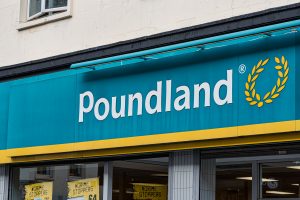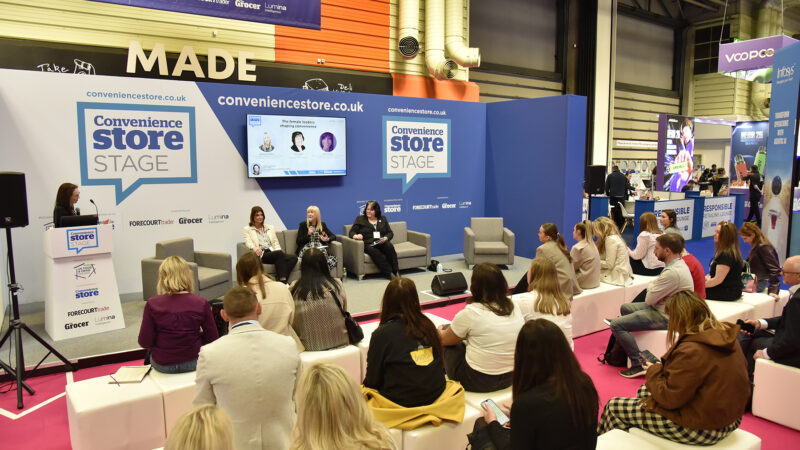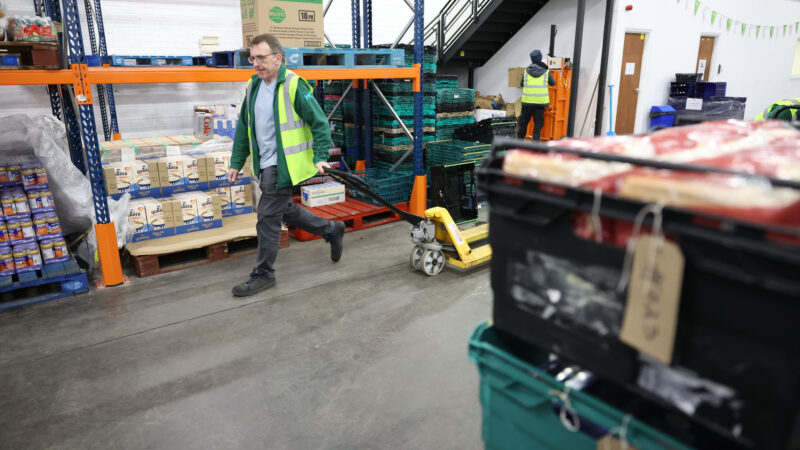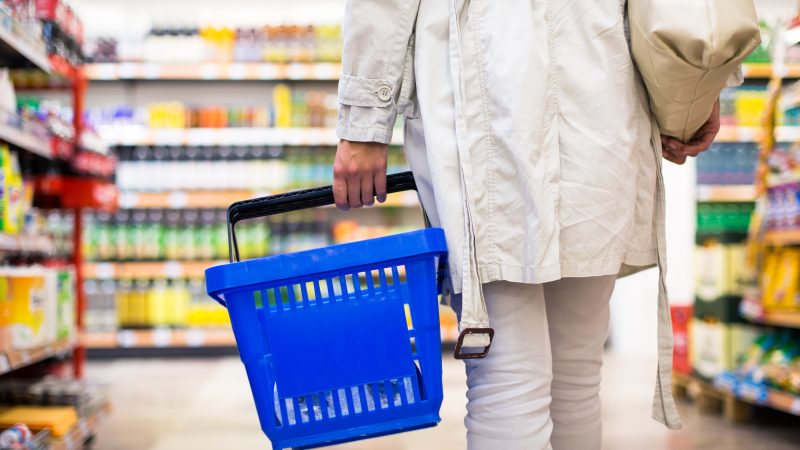Discounter Disruption to continue – Food sales set to grow over 10%
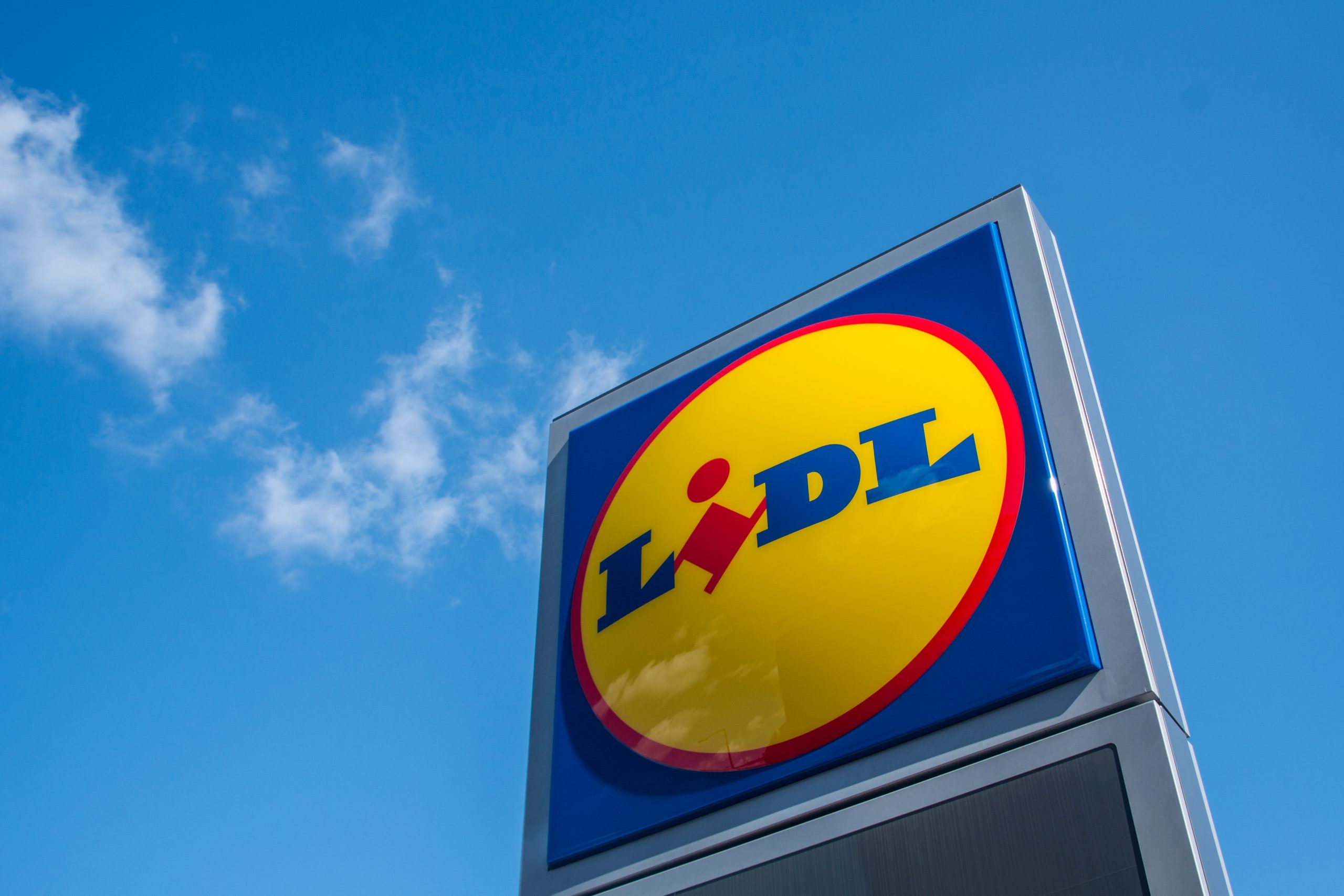
As Lidl opens five new stores in Northern Ireland, the latest research from Mintel shows that discounters continue to disrupt the grocery market. Food discounters* account for around 13% of the UK’s grocery market, with 86% shopping in a food discounter – but 74% of discounter shoppers do not shop at discounters online, the latest Mintel research indicates.
While COVID-19 has proved catastrophic for many of retailers, new research from Mintel reveals that this year has been a success story for food discounters, such as Aldi and Lidl*, as sales grew 11% in 2020. Northern Ireland has no Aldi discount stores currently, however discounters such as Home Bargains, B&M, and Poundland are all increasingly cutting in to the food sales sector.
By the end of the year, shoppers will have spent an estimated £24 billion at food discounters. And, according to Mintel research, the nation’s love of discounters is set to continue as by 2025 Mintel estimates that food discount sales will top £31 billion, an increase of almost 30%.
Strongest players
Overwhelmingly, the strongest players in the UK food discount sector, Aldi and Lidl account for around 67% of the discount market (including food and non-food) and 13% of the total UK grocery market.
Just under nine in 10 people (86%) shop at a food discounter, rising to 90% of 16-24s. Driven by more than just value, only 28% of discount shoppers agree that prices are more important than quality. Meanwhile, just over a fifth (22%) agree that having more money would make them less likely to shop at discounters.
In October 2020, nearly a quarter (23%) of consumers in the UK said that they were shopping locally more often since the COVID-19 outbreak. The convenience of food discounters is supported by over half (52%) of consumers who also said that they like the smaller range available at discounters because it allows them to shop more quickly.
Economic uncertainty
Piers Butel, Retail Analyst at Mintel, said “Food discounters have managed to successfully carve out a unique niche in the market and are well positioned to benefit from the economic uncertainty caused by the COVID-19 pandemic. In fact, it was during and immediately after the 2008 recession that the discounters started to grow in the UK and capture market share from the traditional retailers. The food discounters have been immensely successful at communicating their value proposition to consumers over the last decade. The combination of low prices, good value, and a simple shopping experience has proven very popular with customers.
“Their famous brand-beating luxury items may garner the headlines and attract new shoppers, but it’s the streamlined range, simple shopping experience, and good value that keep those customers loyal. While the COVID-19 pandemic represents an unprecedented challenge for UK retailers, we expect the discount market, with its focus on value, to benefit from these challenging times.
Blur the line
“In recent years we have seen the food discounters increasingly blur the line between discounter, convenience store, and supermarket. This drift into a more mainstream convenience position with, for example, the launch of smaller format Aldi Locals, may prove to be a positive move in the current climate. With many consumers in the UK working from home, shopping locally more often and keen to reduce time spent in stores, discount stores located in or near residential areas may benefit from increased custom.”
The COVID online challenge
While online grocery shopping has surged during the pandemic, few leading discounters offer online shopping. According to Mintel research, as many as three quarters (74%) of discounter shoppers do not shop at discounters online.
UK consumers are still concerned about the risk of being exposed to COVID-19 and in September 2020, 40% of people surveyed said that they had started shopping online more since the COVID-19 outbreak. While all parts of online retailing have seen rapid growth, given the focus on essential spending, it is online grocery which has seen the greatest impact with sales up 108% on average between April and August 2020.
Mintel’s Piers Butel continued “Consumers turning to online shopping as a result of the pandemic is the trend most likely to negatively impact discounters. The question for the future is how will the discounter business model, which values simplicity, grow to include full online retailing – which is both complicated and expensive? Only a limited number of discounters offer online services and even those that do are only attracting a tiny fraction of consumers. The key demographic for online retailing is the 16-34-year-old age group, who are also the most likely to use discounters – so this represents a big missed opportunity for discounters.
“We believe that the shift to online is here to stay for the long term, so over the coming years we expect more discounters will start to offer ecommerce options, even if they start off limited in scope, much as Aldi did. But until this happens, the more traditional retailers will have an advantage over the discounters in the digital market.”
Mintel’s expertise
Mintel is the expert in what consumers want and why. As the world’s leading market intelligence agency, analysis of consumers, markets, new products and competitive landscapes provides a unique perspective on global and local economies. Since 1972, Mintel’s predictive analytics and expert recommendations have enabled our clients to make better business decisions faster. Our purpose is to help businesses and people grow. Visit mintel.com.
*Food discounters refer to Aldi and Lidl combined. Other food discounters are very small and/or part of another discounter eg. Heron Foods (owned by BM Bargains).
